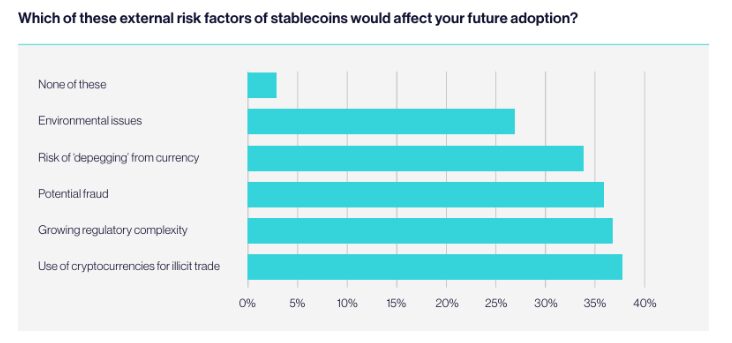Hyperliquid News Today: DeFi Bets $1 Billion—Will New Ideas Withstand Cyber Risks and Regulatory Pressure?
- Hyperliquid allocates $1B to expand its decentralized financial stack, integrating spot trading, smart contracts, and NFTs. - OpenSea launches SEA token with 50% revenue buybacks, while NFT platforms like Pudgy Penguins diversify into gaming and digital collectibles. - North Korea's $1.65B crypto heists highlight geopolitical risks, with stolen funds funding WMD programs and exposing global cybersecurity gaps. - USD.AI tokenizes Nvidia GPUs as NFTs to democratize AI compute access, offering 13-17% yields
The DeFi and NFT sectors are experiencing major changes as platforms such as Hyperliquid and OpenSea announce bold growth strategies, and new financial frameworks and geopolitical risks reshape the digital asset environment. Hyperliquid, a prominent player in decentralized perpetual trading, plans to invest $1 billion to drive its upcoming expansion, aiming to bring together spot trading, smart contract functionality, and NFT features within a single system, as reported by
At the same time, NFT trading platforms are adjusting their approaches in response to evolving market trends. OpenSea, the leading NFT marketplace, revealed plans to launch its SEA token in the first quarter of 2026, with half of the initial proceeds set aside for buybacks, according to

Geopolitical threats are intensifying, particularly as North Korea increases its cyber thefts. The country reportedly stole $1.65 billion in crypto assets between January and September 2025, including a $1.4 billion hack at Bybit, with the stolen money directly supporting weapons programs, according to a
Despite these obstacles, innovation in tokenized infrastructure is accelerating. USD.AI, a DeFi platform, is connecting crypto investors to real-world Nvidia AI GPUs. By turning GPUs into NFTs and providing yields of 13-17% from rental income, the platform seeks to make AI computing resources more accessible, as detailed by
This reflects a broader movement toward using NFT ownership for governance and financial rewards, a tactic increasingly embraced by DeFi initiatives to align community interests.
As the digital asset space matures, participants must weigh the benefits of innovation against the need for security. North Korea’s cyber activities and the instability of AI-powered financial models highlight the importance of strong regulations and cooperation across industries. For now, platforms like Hyperliquid and USD.AI are pushing the limits of decentralized finance, as the market prepares for a period of heightened complexity.
Disclaimer: The content of this article solely reflects the author's opinion and does not represent the platform in any capacity. This article is not intended to serve as a reference for making investment decisions.
You may also like
European Tech Startups Eye Stablecoins, But Risks Stall Adoption

Stellar News Today: Turbo Energy's tokenization opens up clean energy investment to everyone
- Turbo Energy partners with Taurus and Stellar to tokenize hybrid renewable energy projects, targeting the $74.43B EaaS market. - The pilot uses blockchain to fractionalize solar storage PPA debt, leveraging Stellar's low-cost infrastructure for transparent green finance. - Tokenization aims to democratize clean energy investment, with Turbo's CEO highlighting scalability and security in AI-optimized storage solutions. - The initiative aligns with sustainable development goals, driving a 12.5% premarket s
Cardano News Update: MoonBull's AI Wager—Will It Surpass Cardano and Ethereum by 2025?
- MoonBull's $590,000 presale gains traction as a 2025 crypto contender, leveraging AI features and community governance. - Cardano partners with Wirex to launch ADA-branded crypto payment cards, aiming to bridge blockchain and traditional finance. - NFT and memecoin markets show 12-11% weekly gains, while Ethereum and TRON compete with MoonBull for 2025 growth narrative. - Regulatory risks and macroeconomic pressures persist, challenging projects like JFrog and Bumble amid crypto market volatility.
Bitcoin Updates: China Challenges Validity of US $13 Billion Crypto Seizure
- China accuses U.S. of central role in 2020 LuBian $13B Bitcoin heist, alleging state-linked hacking involvement. - CVERC disputes U.S. seizure legitimacy, citing 4-year dormancy and 2024 government wallet transfers as atypical criminal behavior. - DOJ claims $13B seizure is "largest forfeiture in history," while China frames it as geopolitical strategy to undermine crypto influence. - Dispute highlights escalating U.S.-China tensions over digital asset governance and cross-border enforcement norms.